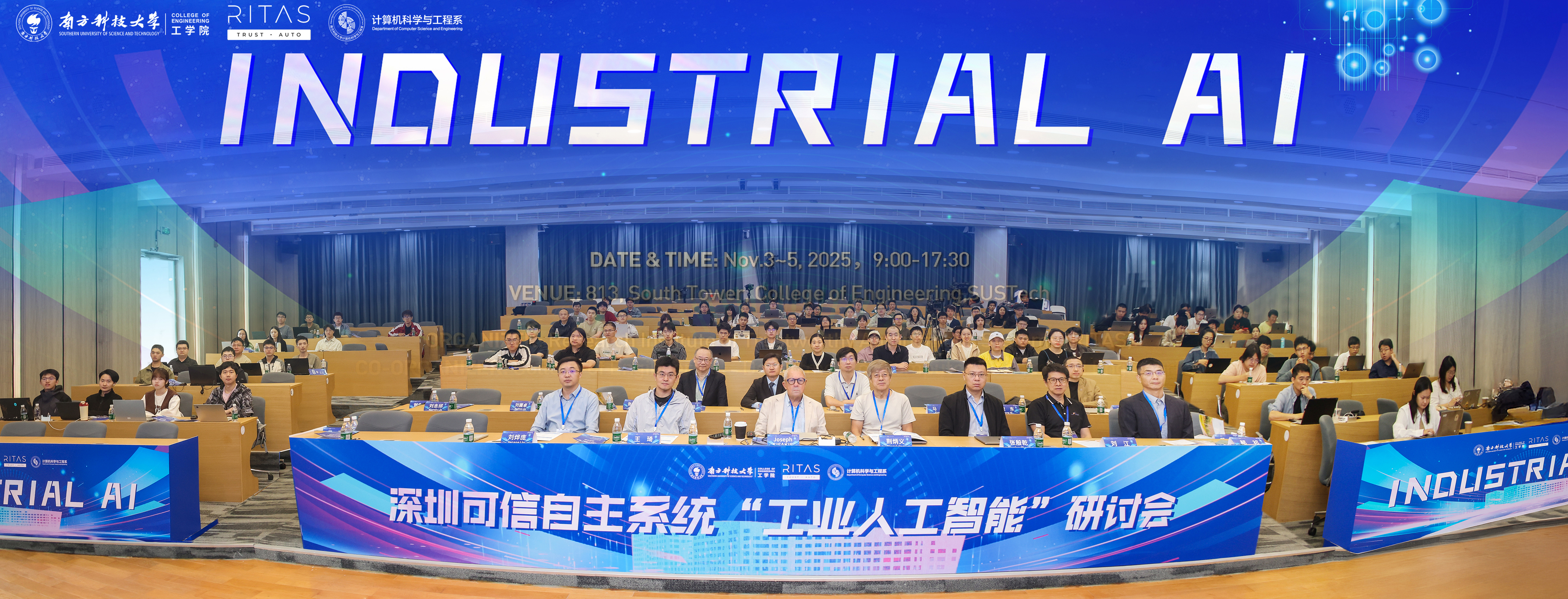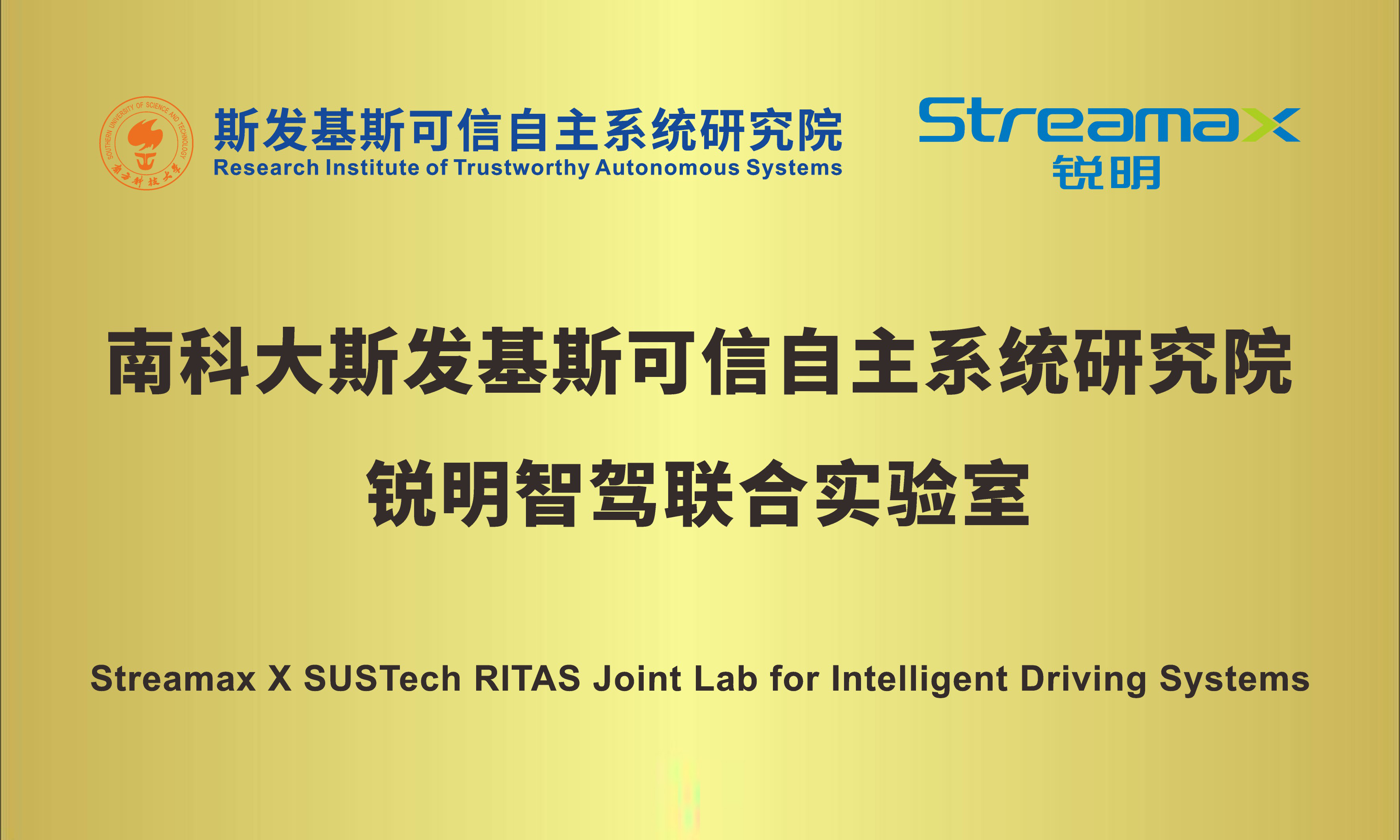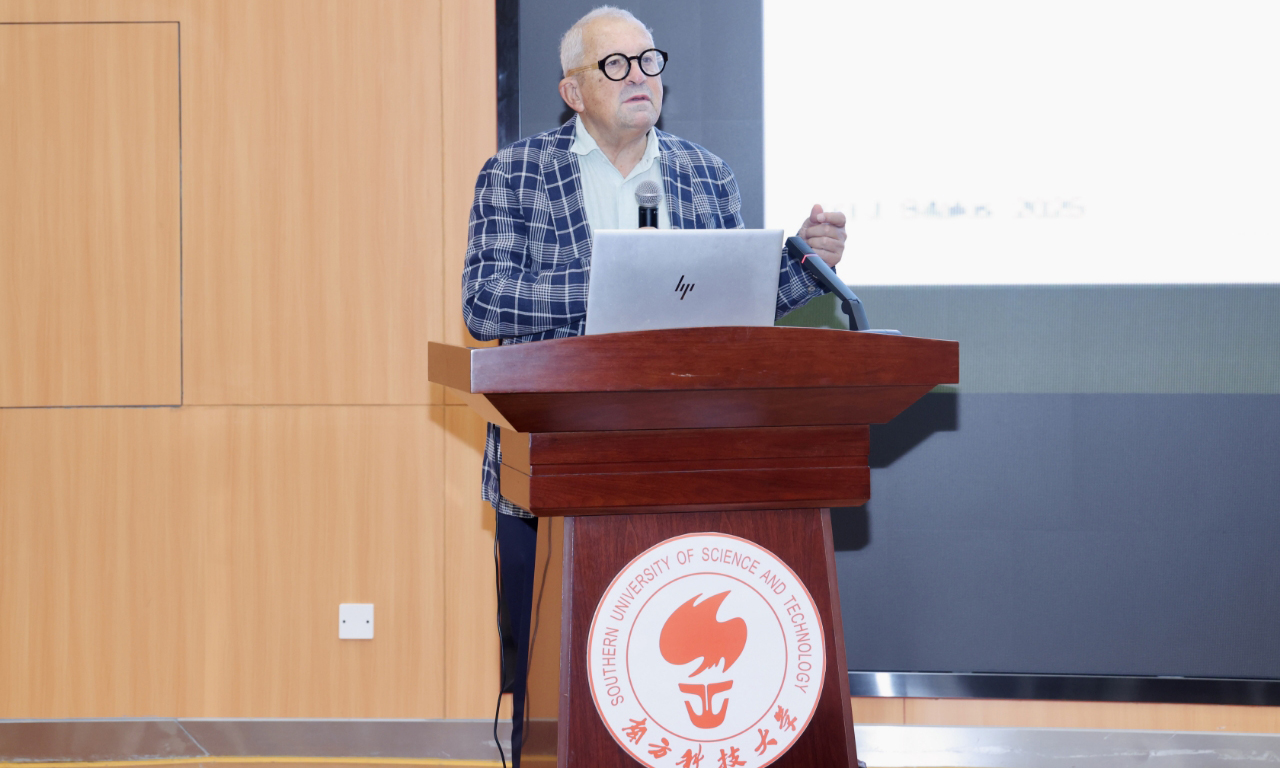
The Director of Research Institute of Trustworthy Autonomous Systems (RITAS)
Distinguished Visiting Professor
Joseph Sifakis
Joseph Sifakis is the director of Research Institute of Trustworthy Autonomous Systems (RITAS), distinguished visiting professor of department of computer science and engineering in SUSTech and the principal advisor of Turing class. The main focus of his work is on the formalization of system design as a process leading from given requirements to trustworthy, optimized and correct-by-construction implementations. He is the founder of the Verimag laboratory in Grenoble,which is leader in embedded systems. In 2007, he received the Turing Award for his contribution to the theory and application of model checking, the most widely used system verification technique today. He is a member of the French Academy of Sciences, a member of the French National Academy of Engineering and a member of Academia Europaea and a member of the American Academy of Arts and Sciences and a member of the National Academy of Engineering, and a foreign Member of Chinese Academy of Sciences , international member of U.S. National Academy of Sciences.















